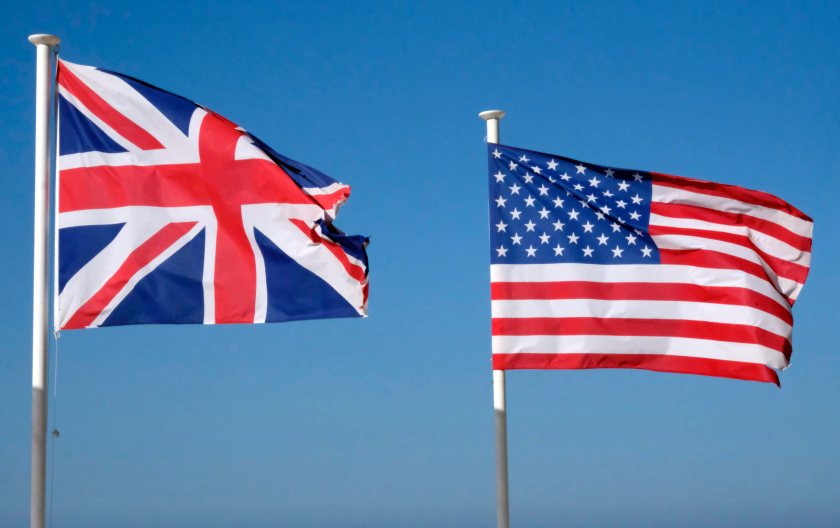NFU welcomes US-UK trade deal but warns of risks to farming

The NFU has issued a measured but cautious response to the new US-UK trade agreement, which Prime Minister Sir Keir Starmer and US President Donald Trump have hailed as a “breakthrough” deal.
The agreement is expected to significantly reduce tariffs on key UK exports to the United States, including cars, aluminium and steel.
Speaking from the White House, President Trump, with Sir Keir on speakerphone, called the deal a pivotal moment, saying US-UK ties would be “stronger than ever before”
Sir Keir welcomed the deal, calling it a “fantastic, historic day” for both nations, adding it would be “hugely important for sectors like car manufacturing, and for steel and aluminium and so many others”.
However, the NFU has urged caution, noting that while the agreement includes positive outcomes for certain agricultural areas, other sectors could face difficulties.
In return for lifting steel and aluminium tariffs and a 100,000-car quota at 10% duty, the UK has made concessions in two key farming sectors.
As part of the deal, the US will be granted access to the UK beef market via a tariff rate quota (TRQ) of 13,000 tonnes (shipped weight) of hormone-free beef.
In return, the UK has secured 13,000 tonnes of ring-fenced access to the US beef market. Additionally, the agreement allows for the full liberalisation of the UK bioethanol market to US imports.
All other tariffs remain unchanged under the agreement, and the 10% additional tariff imposed by the United States continues to apply to all UK exports to the US.
NFU President Tom Bradshaw acknowledged the complex backdrop to the negotiations, pointing to recent US-imposed tariffs as a key factor.
He said: “We find ourselves in this position as a direct result of tariffs introduced by the US administration in April. This is not something anybody wanted.”
Mr Bradshaw underscored the NFU’s continued engagement with the government to ensure British farmers are protected in any international deal.
He also welcomed commitments secured by the government in line with longstanding NFU priorities.
“We appreciate the government’s efforts in listening to our concerns, particularly around maintaining high standards, protecting sensitive agricultural sectors and securing reciprocal access for beef.”
One of the agreement’s more notable inclusions is a provision granting ring-fenced access for British beef exports to the US.
Mr Bradshaw praised this outcome as the result of years of lobbying: “We’ve campaigned with the UK’s agricultural attachés in Washington for market access for British beef, a product globally respected for its quality and strong environmental credentials.
"These efforts have contributed to enabling the UK government to secure ring-fenced access for British beef exports to the US.”
Despite this progress, concerns remain—particularly over the inclusion of large volumes of US bioethanol.
“The inclusion of a significant volume of bioethanol in the deal raises concerns for British arable farmers,” the NFU president warned.
“We’ll be engaging closely with our members to help them understand and prepare for the potential impact.”
Looking ahead, Mr Brdshaw warned that agriculture should not be disproportionately affected by future trade arrangements.
He concluded: “Our biggest concern is that two agricultural sectors have been singled out to shoulder the heavy burden of the removal of tariffs for other industries in the economy.
"While we understand this, we also know that today is the start, not the end, of a process and UK agriculture cannot continue to shoulder such imbalances in future negotiations.”








